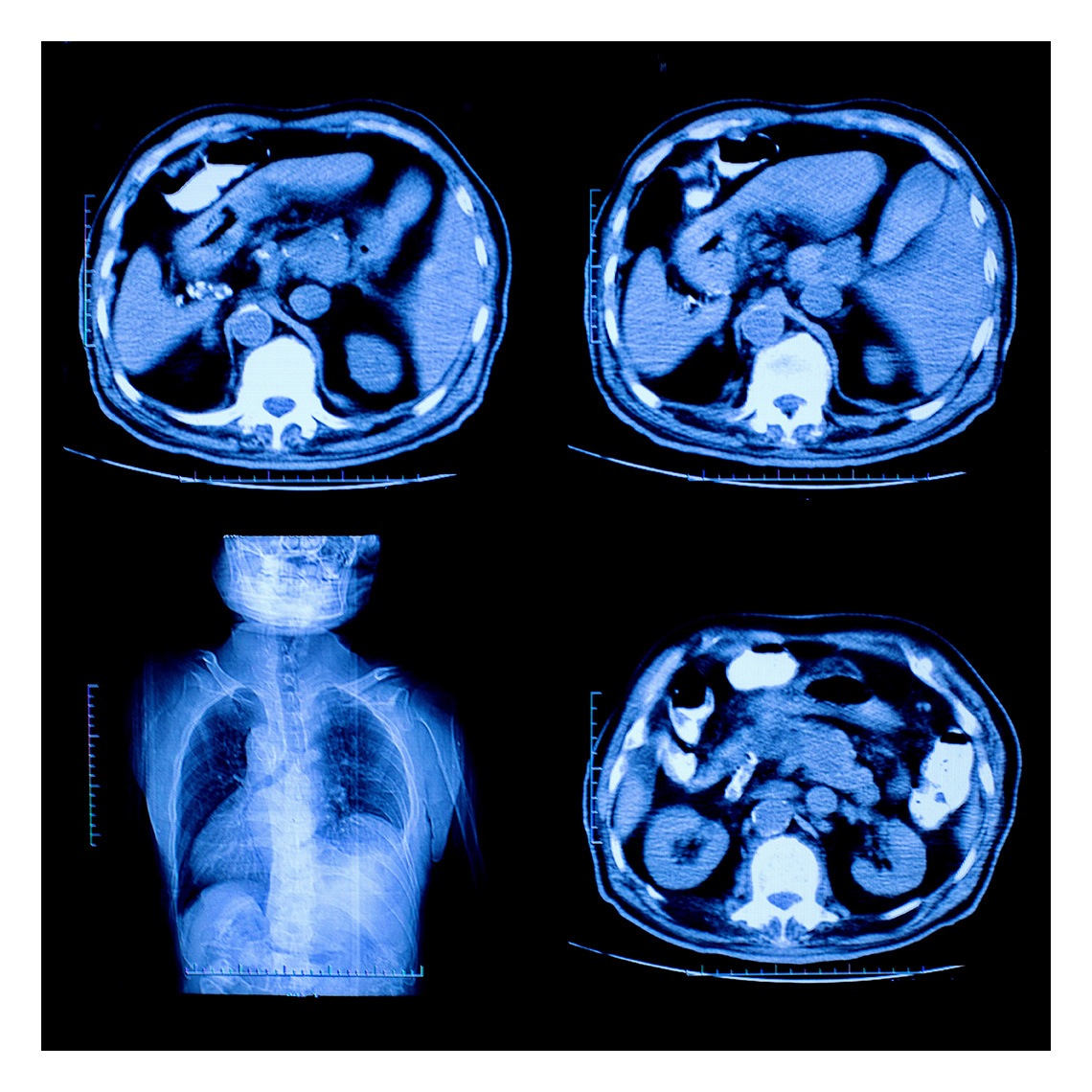Newsletter
Going Beyond in the Time of COVID-19
Apr 28, 2020
Every night at 7:00 in New York City, and a growing number of other cities, residents open their windows or doors to applaud the medical professionals working through the COVID-19 pandemic. In an unprecedented time, an unprecedented show of appreciation offers a bit of comfort for those whose days are well beyond what anybody working in health care “signed up for.”
In particular, a lot of clinicians are being asked (or volunteering) to work in settings and services they did not train for, treating unfamiliar patients with a condition that is only marginally understood. In care delivery settings that are being reorganized (or built on the fly) even the most prepared physicians and nurses are bound to be challenged to maintain care processes, maintain communication, and keep pace with documentation. Providers pressed into unfamiliar service might need more than a communal shout out to overcome any reservations they may have about their ability to perform admirably.
To help transferred or reassigned clinicians transition as safely as possible, consider the need for colleagues or temporary staff who are practicing beyond their specialty to get up to speed on:
- Supervision and mentors
- Any atypical or location-specific policies and protocols
- Skills and procedures specific to COVID-19 based care
- Electronic health record systems and templates
- Clinical terminology and acronyms
- Logistics (parking, building access and navigation)
- Unfamiliar equipment/devices/passwords
- Communication preferences
- The overall culture of hierarchy and workflow
- Malpractice insurance coverage
While they might need help with some of the above items, dedicated clinicians will find ways to keep safe and keep serving. And that deserves our applause.
Additional Material
Latest News from CRICO
Utilization of Electronic Health Record Sex and Gender Demographic Fields: A Metadata and Mixed Methods Analysis

Characterizing Malpractice Cases Involving Emergency Department Advanced Practice Providers, Physicians in Training, and Attending Physicians

Teleradiology Medical Malpractice Cases

